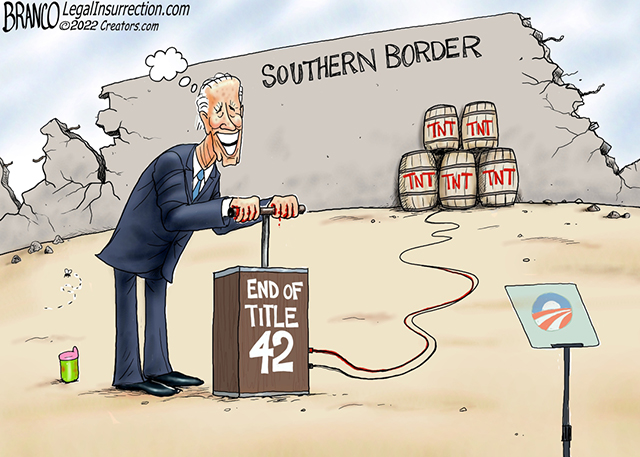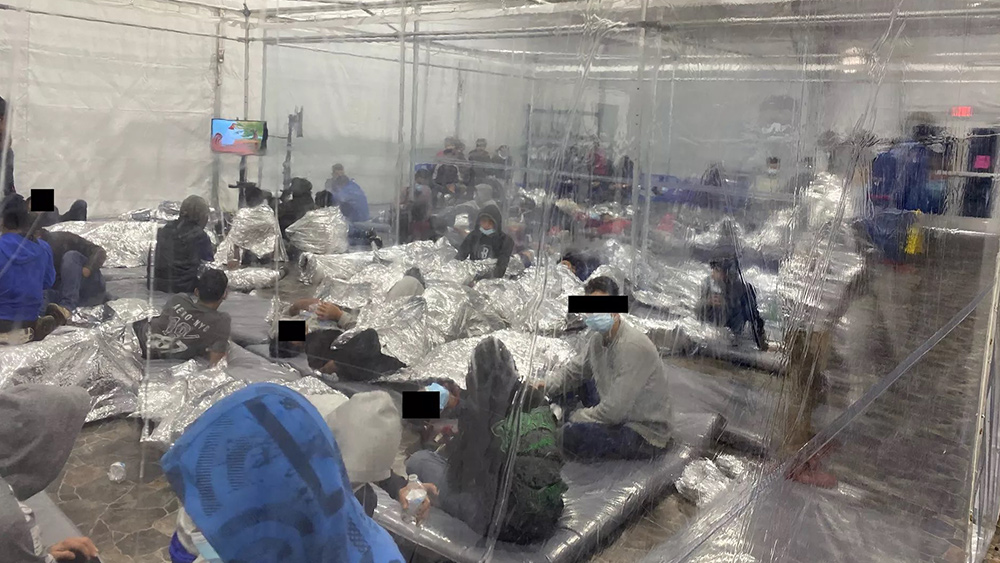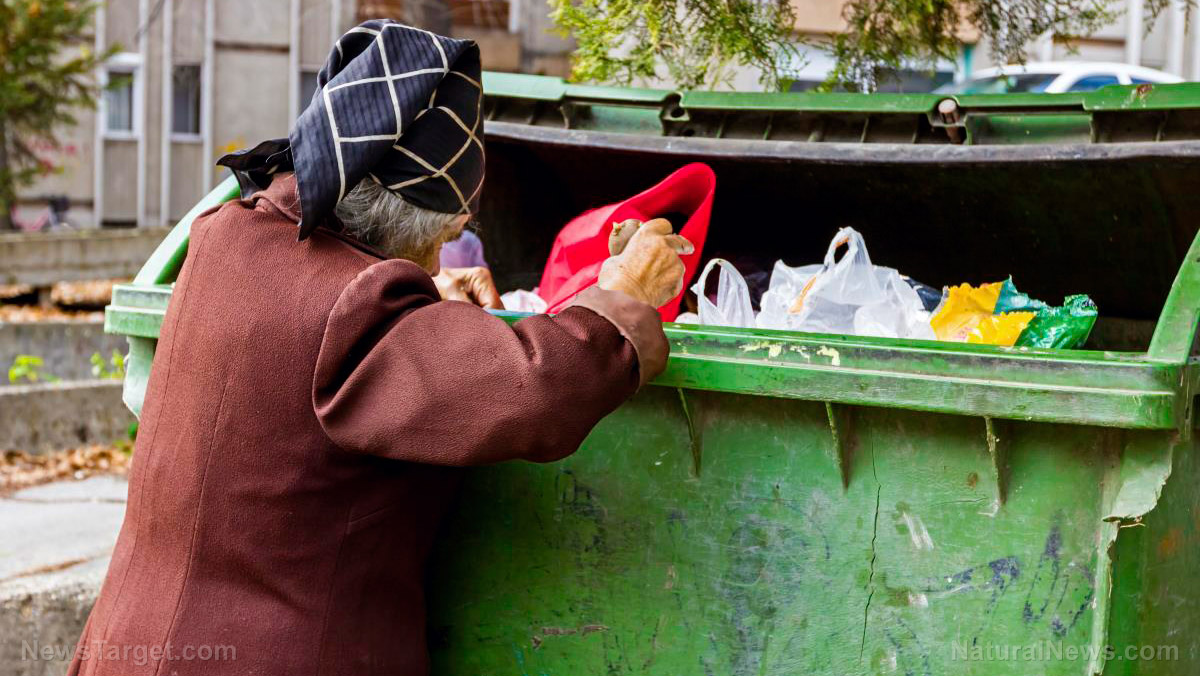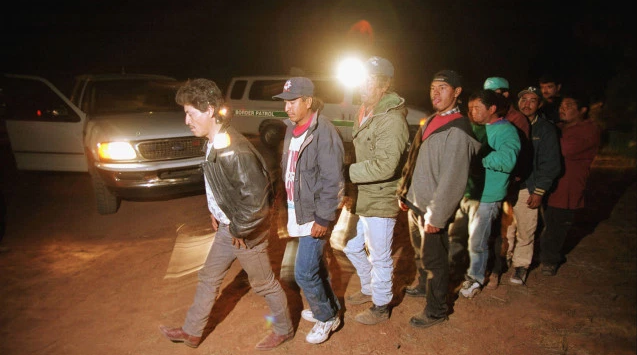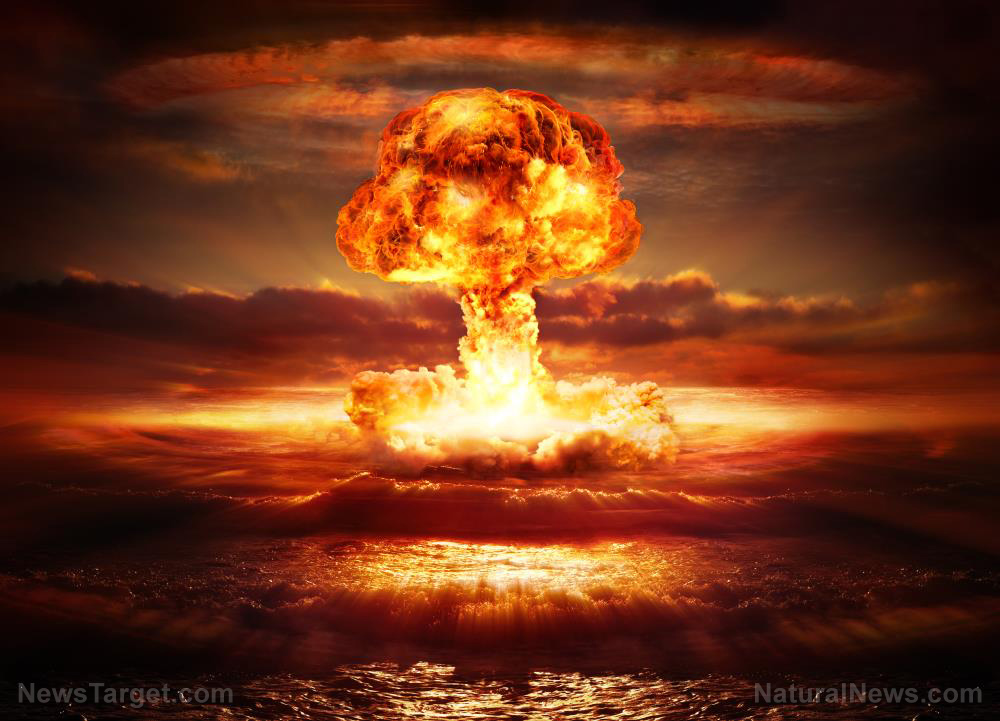
As the world inches closer towards another world war, food shortages, social unrest, and hyperinflation are following suit. And when all is said and done, much of the world's population will likely not make it.
Ever since Russian President Vladimir Putin invaded Ukraine, the stability of the global economic climate has gone off a cliff. It was bad before that, of course, but things seem to have gone into hyperdrive since February.
The Great Recession Blog put together a broad picture of some of the most notable areas where either background inflation (rising producer costs) or consumer inflation is rising significantly, one of the big ones being oil.
"Oil, of course, impacts the price of just about everything, and there is no cavalry here that is going to come to the rescue for anyone, in spite of Biden's biddings," the blog explains.
Oil giants like Exxon are boasting massive profit increases due to the shortages created by Russian sources being taken offline, while consumers at the pump are paying higher prices than ever before in our nation's history.
"Apparently shortages are good for business ... at least for some businesses – the ones with their own ample supplies, who see gushers of profits in times like these," the blog explains.
Will there be enough food to go around at this time next year?
Rising energy costs also directly affect the food sector, as is now being seen perhaps most prominently in Germany, where food prices are increasing 20 to 50 percent.
The United States is seeing glimpses of this as our own energy supplies have been hampered by Biden regime policies that once again made the country energy-dependent rather than energy-independent, which we were under Donald Trump.
The situation is getting so bad all around the world now that the prospect of widespread famine and starvation is becoming a reality. Energy costs the most, fertilizer is in shorter supply, and crop yields are already suffering in many places due to inclement weather – what else is next?
"Of course, financial aid doesn't fill bellies in places where food doesn't exist due to lack of fertilizer and/or due to crops not being planted in the major food-producing nations for the world as well as within those nations," the blog explains.
"What helps is food shipments, and food shipped from the U.S. to other nations to prevent starvation inevitably means some food shortages in the U.S. on a smaller scale and certainly higher prices as people scramble to get their hands on the limited food that is available."
If there is not enough food to share, however, then this scenario quickly becomes much worse, leading to riots and much worse the longer it persists.
"In a time when one calamity – the Wuhan coronavirus (COVID-19) crisis – hit the entire world (with the economic impacts largely due largely to our national responses to COVID) another calamity – war – hits the entire world (partially due to our global responses to it)," the blog further reveals.
"Each calamity, along with the baked-in inflation already fueled by years of central bank profligacy, weakens our ability to absorb the next one."
It is almost expected that something new, big, and catastrophic is just waiting to be unleashed next, even as we hobble through the current nightmare. It is almost as if a perfect storm is ready to be unleashed when the time is right, tipping the entire global economy past the point of no return (if it is not already there now).
"I find myself wondering what global calamity after this will fly in like a black swan to take everything down because we have exhausted our resilience all over the world and seem hell-bent on continuing to do so with wars and sanctions no one can afford."
The latest news coverage about the global economic implosion can be found at Collapse.news.
Sources include:
Please contact us for more information.















